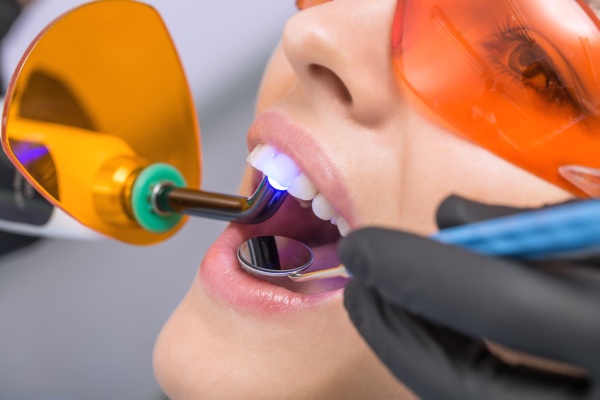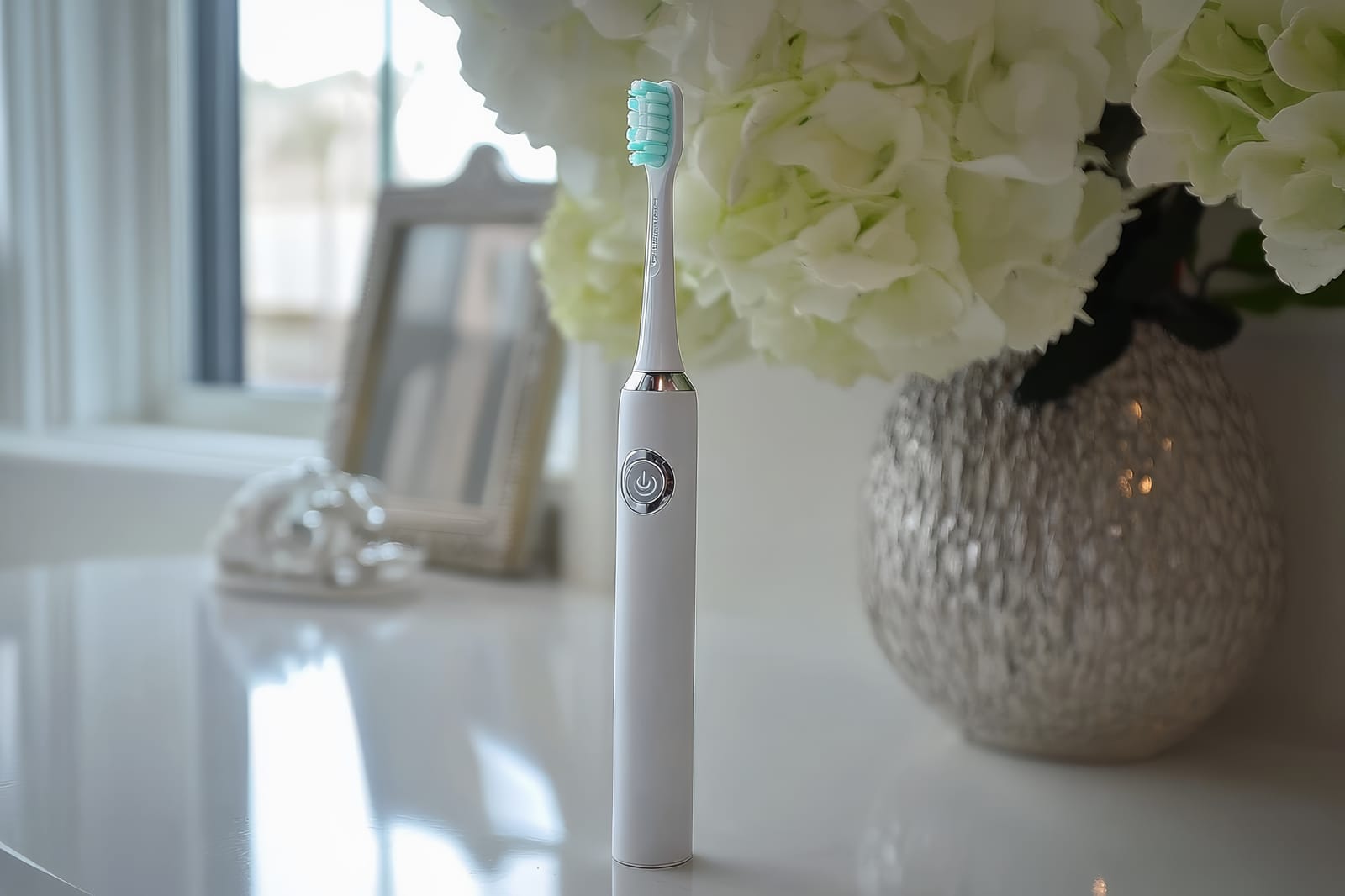How to Care for Teeth after Whitening

Teeth Whitening treatments are becoming extremely popular because they are helping people to have a brighter smile — who doesn’t want that? While there are so many different kinds of whitening treatments available, each one has the same goal in mind — whiter teeth.
Whether someone is visiting their dentist for a bleaching treatment or if they’re just opting to buy whitening strips from their local drugstore, a person is still hoping to achieve whiter teeth that allow for a better smile. Once the whitening treatment is over, a person may be wondering what’s next? How long until they have to redo their whitening treatment?
Most people may be curious about how to treat their teeth once the whitening treatment is over. Being aware of how to care for the teeth once their whitening treatment is complete can be beneficial to the teeth so that they maintain that pearly white color for as long as possible, if not forever.
Caring for teeth after whitening treatments
Below, we have addressed the best ways to care for the teeth once they have completed a whitening treatment, whether that be bleaching agents or whitening strips.
Avoid coffees, teas and wines
Just like any other day, it is still important to try and avoid heavy use of coffees, teas and wines. These beverages are extremely heavy in dyes which often stain the teeth. It is extremely important to avoid them immediately after the whitening treatment because the teeth are more sensitive thus allowing for a stronger chance of staining.
Use a sensitivity toothpaste
A lot of people note that they experience sensitivity to their teeth immediately after their whitening treatments. If this is the case, then make use of a toothpaste that is for sensitive teeth. A dentist can recommend one or a person can find one at a local drugstore. Avoid drinks or foods that may be extreme in temperature as this will also avoid any sensitivity to hot and cold.
Brush after each meal
Although it isn’t always necessary to brush after each meal, it doesn’t hurt. Once a whitening treatment is complete, the teeth are more prone to staining or damage because they are sensitive. It has been said to brush the teeth after consuming any foods or beverages once a whitening treatment has been done. This will ensure that any foods or beverages won’t leave behind any particles that may stain the teeth thus reversing the whitening.
Conclusion
Teeth whitening treatments are beneficial to anyone seeking to whiten their teeth. They allow for someone to get back their pearly white smile. However, in order to make the most of whitening treatments, it is best for a person to also provide special care to their teeth immediately after whitening them.
If you have further questions or concerns about whitening of the teeth and how to care for the teeth after, then reach out to us today. Our trained professionals are happy to help you in any way that we can.
Request an appointment here: https://www.stgeorgedentalcare.com or call St. George Dental Care at (435) 628-9099 for an appointment in our St George office.
Check out what others are saying about our dental services on Yelp: Teeth Whitening.
Recent Posts
Having a sensitive sense of smell can be both a blessing and a curse, as nothing disrupts personal comfort more than an unpleasant odor emanating from your mouth. A common concern for dental patients is the distinct and often embarrassing "rotten tooth smell." Understanding its causes, implications, and the appropriate remedies is crucial for maintaining…
Brushing your teeth is essential for maintaining a healthy, beautiful smile, and using an electric toothbrush takes oral hygiene to the next level. At St. George Dental Care, located in St. George, UT, we're passionate about helping our patients maintain optimal oral health through modern dental practices and expert advice. Electric toothbrushes are revolutionizing dental…
When it comes to maintaining your dental health, understanding the professionals who provide care can make all the difference in your experience. The terms "dentist surgeon" and "dentist" are often used, but many people don't fully grasp the distinctions between them. Are their education, scope of practice, and services they provide the same? Which should…
Does the thought of sitting in a dentist's chair make your palms sweaty? You're not alone. Dental anxiety is something millions of people experience, but we at St. George Dental Care believe visiting the dentist doesn't have to be nerve-wracking. That's why our focus goes beyond just cleanings and checkups—we strive to make you feel…


